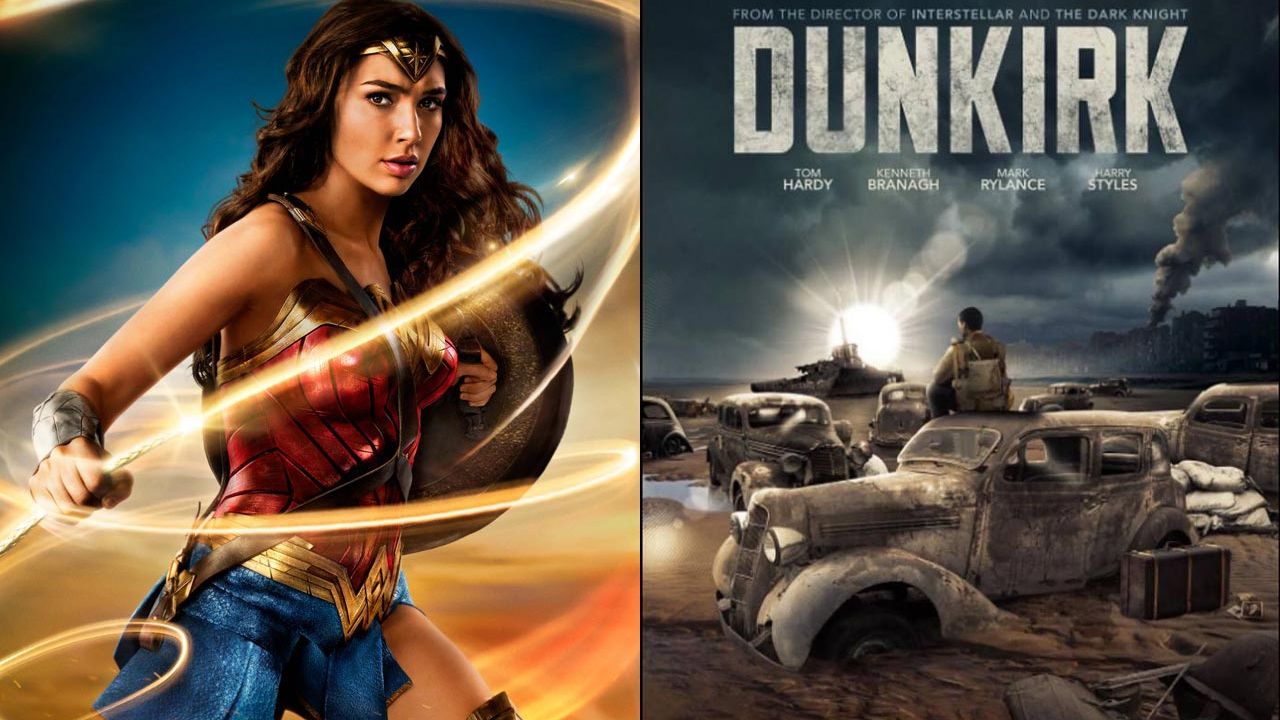
Among the many casualties of the Trump administration — competence, expertise, facts, morality, compassion and courtesy, to name just a few — one has been scarcely mentioned, though it constitutes a large part of our national consciousness: idealism.
Americans are basically pragmatists. We are a cold-eyed, realistic, largely self-interested bunch, which is why “America First” seemed to resonate with so many voters. But for all our selfishness and willingness to throw our fellow citizens under the bus, we have never forsaken a sense of idealism about the country itself. We all understood that America is not just a geographic plot or a system of laws or a culture or even a people. It is an aspiration — a hope, a dream, a feeling.
That’s gone now. Trump is so shamelessly, egregiously selfish, corrupt, ignorant and amoral that in just six months he has managed to destroy 200 years of idealism.
No American can possibly believe that he or she now is living in that exceptional land of patriotic possibility. Trump not only has destroyed our idealism; he has done so with such gusto that it may be beyond recovery even after he is gone from the scene. An acquaintance of mine attended a recent private Trump fundraiser at which a prominent and famous Trump supporter forcefully declared to the group, “There is no place for idealism in the world.” Trump couldn’t repeal Obamacare, but idealism? Yes.
And yet, even though he has sapped idealism from our politics — only three Senate Republicans broke party ranks on the “skinny repeal” vote last week despite every senator knowing that 15 million Americans would immediately lose their insurance if the bill passed — there is still a redoubt where idealism survives. It is in our popular culture.
Obviously, we don’t think of popular culture that way. A recent piece by Emily Yahr in The Washington Post, titled “In Defense of Escapism,” cites a panel discussion at the Smithsonian in which the moderator, addressing how one can square our political discontent with mindless pop culture, used the film The Martian as a metaphor. Matt Damon is stranded on Mars with depleted rations, so he must learn how to grow potatoes to survive until the rescue party comes. He needs those potatoes. And so, says Yahr, do we. Our potatoes are all the things in pop culture that provide us with escape and some mental sustenance while the world seems to crash around us.
I am not sure of that metaphor because I think it undervalues the function popular culture is playing now. I don’t think of it as sustenance or escape so much as I think of it as a repository of values now under assault, which may sound ridiculous given how many of our movies and television shows are salacious, shallow, stupid and bombastic.
But for all those very real faults, the best of our popular culture also reminds us of who we should be and who we sometimes are. After all, writes New York Times columnist David Leonhardt, the Obamacare repeal was only defeated because so many ordinary Americans protested so vigorously. Popular culture can energize us and awaken us to our better selves, which is why totalitarian societies always seek to censor, circumscribe or control it. It can promote cherished values.
So amidst the ongoing despair that the Trump White House generates, I have gone to the movies not for escape but for fortification and comfort. Take two recent examples. Wonder Woman, one of the highest-grossing films of the year, and Dunkirk, the highest-grossing film of the week, as well as the best-reviewed picture of the year so far, are clearly striking some national nerve.
I think it is the nerve of our besieged idealism. And though both these films were conceived long before the advent of a Trump candidacy, much less a presidency, they clearly understand the yearning for idealism.
Much has been written about Wonder Woman and I don’t want to belabor the obvious, but I do believe that part of its appeal is not that it executes the superhero conventions so well, but that it also enlarges them and changes them in interesting and affecting ways. Diana, aka Wonder Woman, played by Israeli actress Gal Gadot with the perfect proportions of aplomb and naiveté, is not, like so many of her forebears — Superman, Batman, Spiderman, The Hulk — a damaged and tortured soul seeking personal salvation through social retribution. Whatever else those heroes may be, they are not idealists.
Diana, on the other hand, is a member of a caste of women warriors who have been assigned by Zeus to protect the world against the depredations of his son, the war god Ares. For Diana, peace isn’t pathology; it is duty — the way the world ought to be. When she meets the American spy/airman Steve Trevor (Chris Pine), who has crashed his plane off the women’s sheltered island, Diana learns about World War I and the German threat to humanity. She straps on the magical sword “The God Killer,” given to the women by Zeus, and charges out to save the world.
One of the great joys of Gadot’s performance is that she is not grim like Bruce Wayne or sardonic like Iron Man’s Tony Stark. She is an ideological innocent, a superheroic Candide who obeys a stern set of values and looks for the best in everyone. When she sees Trevor lie to his superiors in order to advance his mission, she is scandalized. In her value system, people never lie — not even white lies. (Tell that to our president.)
Without giving too much away, Trevor leaves to thwart a dastardly German plan, telling Diana he is just a tactician with a job to do. Her responsibility is much greater. She must protect the world from Ares forever. But it turns out that her superpower isn’t her strength or even her special sword. As corny as it may seem, her superpower is her idealism about humanity and her overwhelming love for it.
Indeed, Wonder Woman is really a film about love and about its endangerment, which I think is what makes this a superhero movie that’s moving and not just rousing, and which is why I think it appeals to so many people fed up with bullying and bravado in a land where idealism once thrived.
Christopher Nolan’s new film, Dunkirk, about the pivotal World War II operation evacuating more 300,000 British troops from the French beaches in the face of Nazi slaughter, is a very different kind of heroic blockbuster — not one with the aesthetics of a video game but one with the aesthetics of a large, dark, painterly Turner canvas.
Nolan is no stranger to superhero movies himself, having made the Batman trilogy. Nor is he a stranger to idealism. In The Dark Knight, the real hero isn’t Batman but the ordinary Gothamites who foil The Joker’s malign gambit to convince them to sacrifice their fellow citizens. (The Joker is an anti-idealist in extremis.)
But unlike those films, Nolan’s Dunkirk doesn’t look like a typical blockbuster, nor does it feel like one. There isn’t the obligatory half-hour Gotterdammerung finale. There is no centralized hero, only an ensemble of hundreds. There isn’t even a real catharsis in which the enemy is vanquished. Dunkirk, after all, was a retreat. If there are only winners and losers, as our president insists, at Dunkirk, Britain was a loser.
And yet, the final effect is exhilarating. At film’s end, when a flotilla of fishing boats, pleasure boats, cargo boats, even dinghies arrive, bobbing on the waves, to rescue the trapped servicemen — I was hit by a gust of idealism that put a lump in my throat and a tear in my eye. Honest.
Dunkirk is about community. It is about sacrifice: about doing what it takes, whatever the risk, to save your fellow man and your country. It is about harrowing fear and about fortitude in the face of that fear. It is about a profound kind of love. And it is about idealism – believing the world can and must be better, and that we can make it so.
Perhaps Dunkirk, like Wonder Woman, is so powerful because these qualities are in such short supply in contemporary America, where we have tweets instead of the stirring eloquence of Winston Churchill with which the film ends. Dunkirk makes you feel the way you know you are supposed to feel about your countrymen and country, that you save one another rather than throw one another into the drink. As I watched, my fear was that our own idealism is so deeply compromised that I will never feel that way about America or so many of my fellow Americans again.
This is very far from escapism. These movies are reminders that idealism does survive in this godforsaken country of ours, if only barely. It survives not in our leaders or even in vast swaths of our people, but on our screens where we can only hope to keep it from being entirely extinguished.




